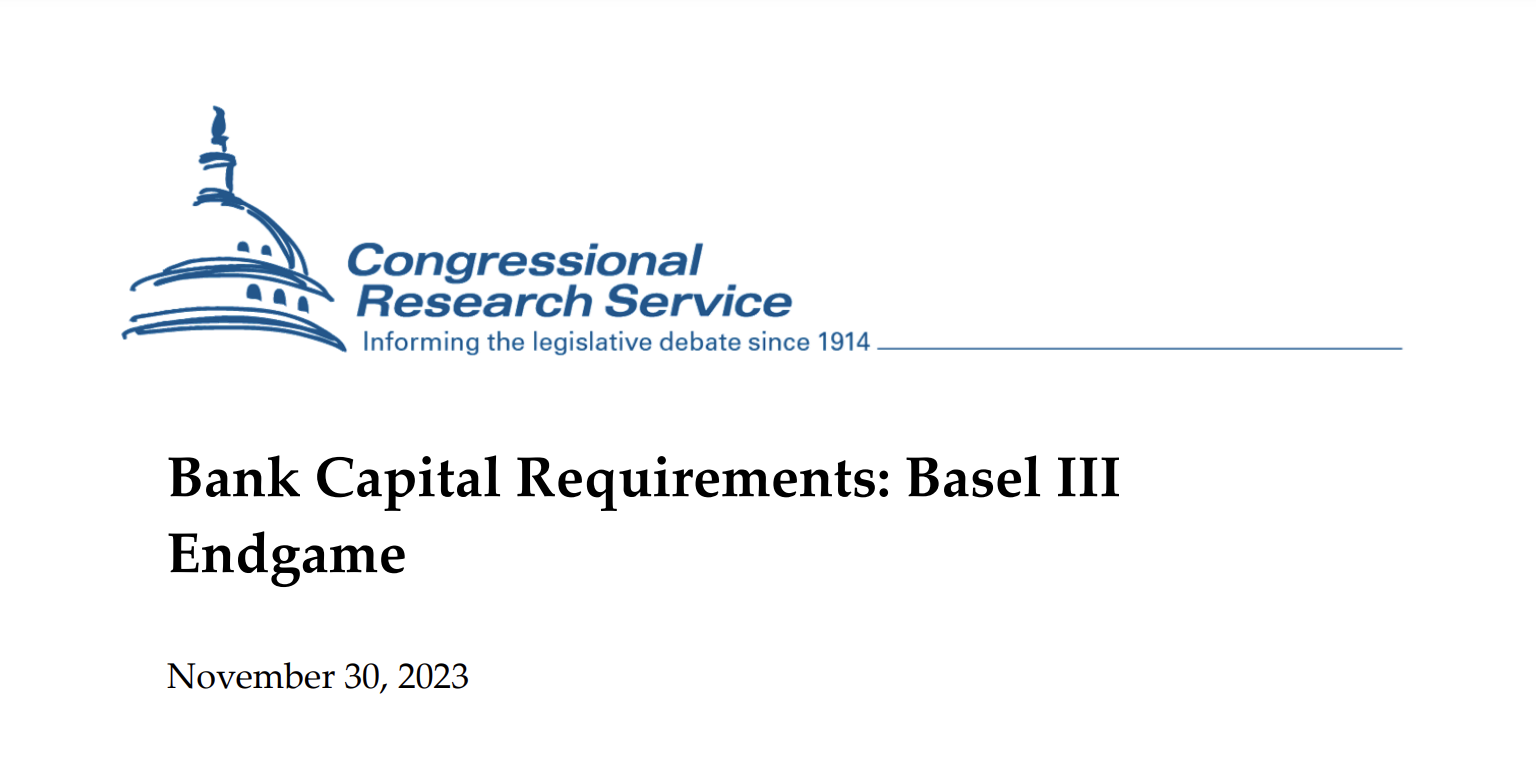
Basel III Endgame: A $20+ trillion grenade?
Property values increased 150%+ over the last 20 years.
...largely, because cap rates fell.
...largely, because borrowing rates declined.
Everyone wanted mortgages.
...easy to underwrite, scalable, and sometimes government-backed.
The tide shifted a few years ago when inflation fears motivated policy makers to push up interest rates.
It may get a lot worse if the Basel III endgame continues on its proposed path.
WTF is a Basel endgame?
"...in 2013 U.S. regulators began implementing what is known as Basel III, a new capital framework aimed at addressing many of the issues believed to precipitate the global financial crisis."
"On July 27, 2023, the federal banking regulators—the Office of the Comptroller of the Currency (OCC), the Federal Deposit Insurance Corporation (FDIC), and the Federal Reserve (Fed)— jointly issued a proposed rule that would revise large bank capital requirements."
"According to the proposal, its purpose is to improve the consistency of capital requirements across banks, better match capital requirements to risk, reduce their complexity, and improve transparency of banks’ financial conditions for supervisors and the public."
"One criticism of the proposal is that it is not capital neutral but, rather, would require subjected banks to hold more capital. Although the proposal does not raise required capital ratios, the regulators estimate that its effect on risk-weighted assets would increase the average binding CET1 capital level large banks are required to hold by 16%."
"Critics have argued that (1) the proposal (and existing requirements) has “gold-plated” Basel provisions, such as risk weighting for residential mortgages, making them more stringent than the BCBS agreements; (2) the proposal is largely not tailored to reflect differences in risk and complexity among large banks; and (3) regulators have not provided the public with enough information on the basis for the specific details of the requirements.
"Compared to the current standardized approach, which assigns a 50% risk weight for prudently underwritten mortgages that are current or a 100% risk weight otherwise, the proposal would assign risk weights that rise in increments from 40% to 125% depending on the loan-to-value (LTV) ratio and whether the mortgage is dependent on cash flows from the property, such as rent."
"For example, a mortgage with a 60%-80% LTV that is not dependent on cash flows would be assigned a 50% risk weight. Mortgages with a higher LTV would receive a higher risk weight, as would those with the same LTV that are dependent on cash flows. On average, risk weights on residential mortgages would be expected to rise."
Bottom line: Mortgages may get more expensive for debt providers, at a time when real estate debt is already out of favor.
Read the full article here!

COMMENTS